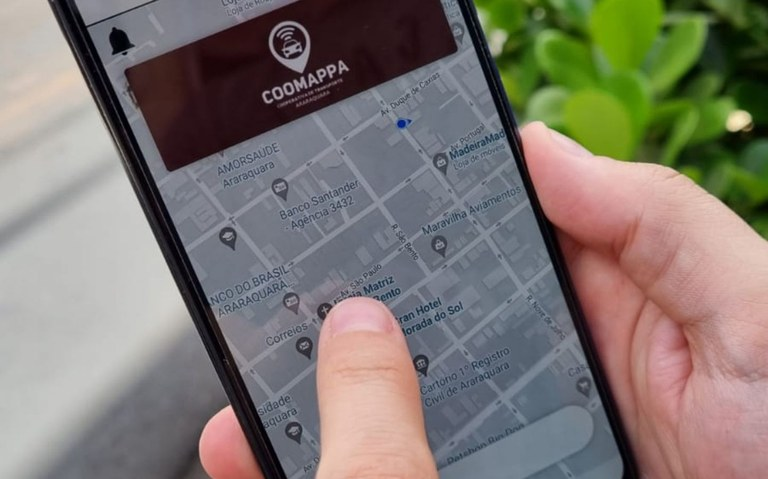The ride-hailing service industry in Brazil is caught in something of a perfect storm.
Amid rising fuel prices, drivers are struggling to break even, being forced to cherry-pick fares and turn down less lucrative rides. Thousands have abandoned ride-hailing apps for other jobs, while many more have been purged by app companies themselves for selectively accepting and canceling fares.
While supply is down, demand is soaring. As the pandemic recedes, many more people are returning to in-person work and resuming active social lives. As we showed on our Brazil Daily newsletter on February 15, major metropolitan areas are seeing a return to heavy traffic, sometimes surpassing 2019 levels.
Ride-hailing apps took Brazil by storm initially, offering cheap and quick rides around congested and often expansive cities. Those days appear to be resigned to the past — fares are way up, as are waiting times to find a driver.
This impasse has raised regulatory debates on how ride-hailing apps compensate their drivers. The city of Araraquara, in São Paulo state, has gone the extra mile by creating its own app, Bibi Mob, to compete with market giants Uber and 99 (owned by Chinese giant Didi Chuxing).
Bibi Mob’s strategy to attract passengers and drivers is to make sure their collaborators are fairly compensated. While drivers of Uber and 99 typically take home around 60 percent of their fares, Bib Mob has promised to pass on 95 percent — with the remaining 5 percent invested into improving the app.
Bibi Mob was officially launched in January as part of an ambitious project from local transport cooperative...


 Search
Search






































